Fewer school leavers picking creative arts for university study, early bird applications show
Creative arts degrees are among the most expensive qualifications for school leavers, and fresh figures hint the cost could be affecting enrolments. See the most - and least - popular courses.
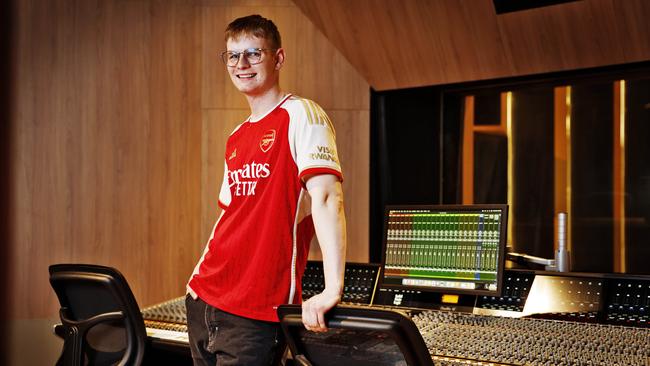
Tertiary
Don't miss out on the headlines from Tertiary. Followed categories will be added to My News.
Creative arts degrees are among the most expensive qualifications a school-leaver can pursue, exceeding $50,000 for three years of study, and new figures have revealed some creative pursuits have fallen in popularity by as much as 80 per cent.
Early bird undergraduate applications to NSW and the ACT’s Universities Admission Centre are up by 2.5 per cent on last year, but the number of applicants choosing creative arts courses as their first preference has fallen by five per cent.
Just one person had nominated dance as their first choice as of October 1, down from five people in 2023, while audio visual studies applications declined by 39 per cent.
Visual arts and crafts, not elsewhere classified, fell by 20 per cent, and journalism degrees declined by 15 per cent to only 204 first preferences.
Generalist creative arts applicants are up three per cent on last year, while the only specialisations to increase in popularity were performing arts (up eight per cent), music (up four per cent) and fashion design (up three per cent).
However, some tertiary education providers are bucking the trend, including college-style specialist institutions like JMC Academy where applications are up 38 per cent across the board,
Associate Dean Damian Gascoigne said the slight overall drop in arts enrolments is an “amazing statistic”, considering the cost of degrees and the risk of underemployment.
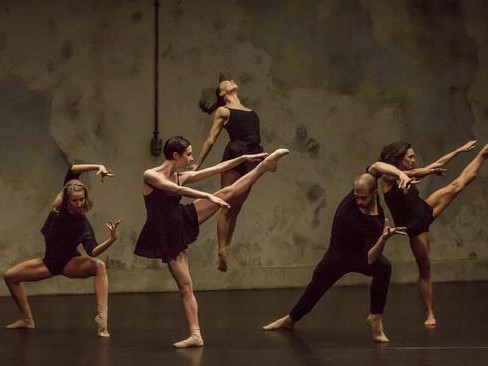
Under the Morrison government’s ‘job ready graduates’ scheme, arts, humanities and business degrees doubled in price, while the cost of some STEM, teaching and nursing degrees were reduced by nearly $3000 a year.
While an arts degree will cost the class of 2027 at least $50,976, a mathematics degree could cost as little as $13,881. At JMC Academy, two years of study will set students back $67,200.
“Young people, post-Covid, want to study something they’re really into – they’re making a major commitment financially, much more than they were in the past, and I find that really encouraging,” he said.
Between 55 and 58 per cent of students in the creative arts enter full-time work in their chosen field after graduating, Mr Gascoigne said.
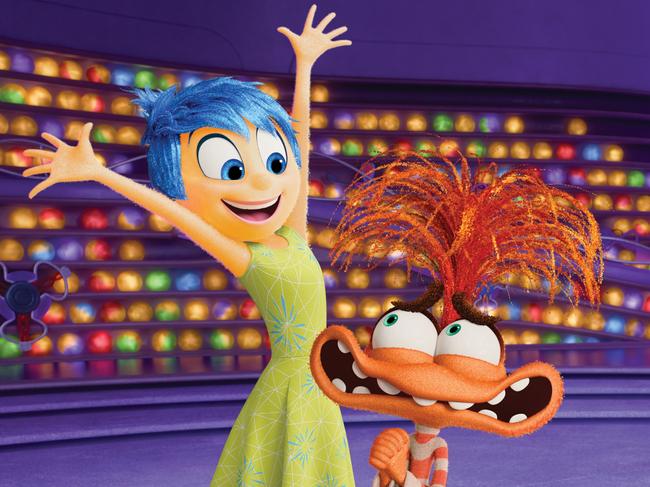
“If you study pharmacy or engineering, you’ve got a 90 to 95 per cent chance of a full time job on graduation.
“Everybody knows when they come to study acting, or game design or animation, that you’re not walking into a job guaranteed.”
However, the skills students gain studying the arts will become more relevant than ever in the age of artificial intelligence, Mr Gascoigne argued. The educator and animator will host a roundtable on the subject at SXSW Sydney.
“All it does is reinforce the importance of creative education,” he said.
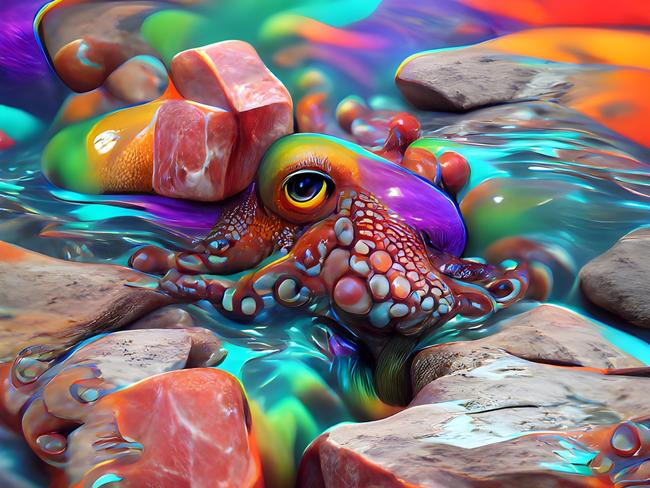
“If you can’t come up with an interesting idea, if you don’t understand what it takes to make something exceptional, then you’re going to stay at the same level as all the amateurs.”
17-year-old audio engineering student Angus Dudding should be completing the HSC this year, but dropped out after Year 11 to pursue a Bachelor degree at JMC Academy instead after his Spotify portfolio “really impressed” the admissions panel.
“I have zero regrets about skipping Year 12 and heading straight into it,” he said.
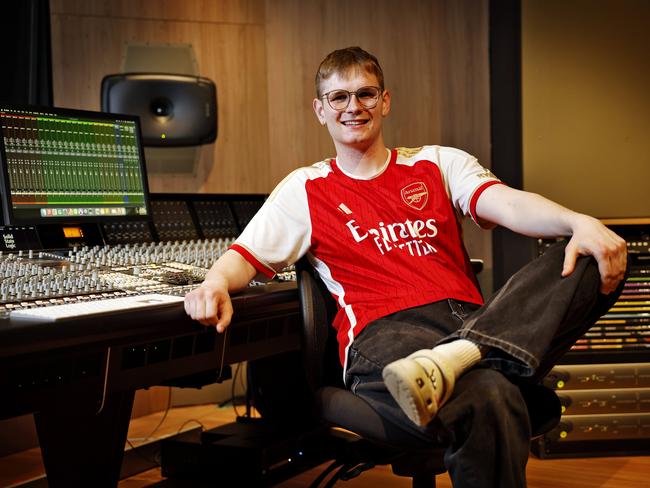
“I knew I’d miss graduation and all the things year 12s do at the end of the year, but I came to terms with it because I was set on it.”
Job prospects don’t bother the self-taught songwriter and producer, who plans to freelance mixing music for artists while working a “reliable” nine-to-five elsewhere in the industry.
“It’s so much easier to make a name for yourself (in the arts) now, on TikTok, YouTube and Instagram.” he said.
“It’s so much easier to say ‘this is who I am and this is what I’m doing’, in a creative sort of way.”





